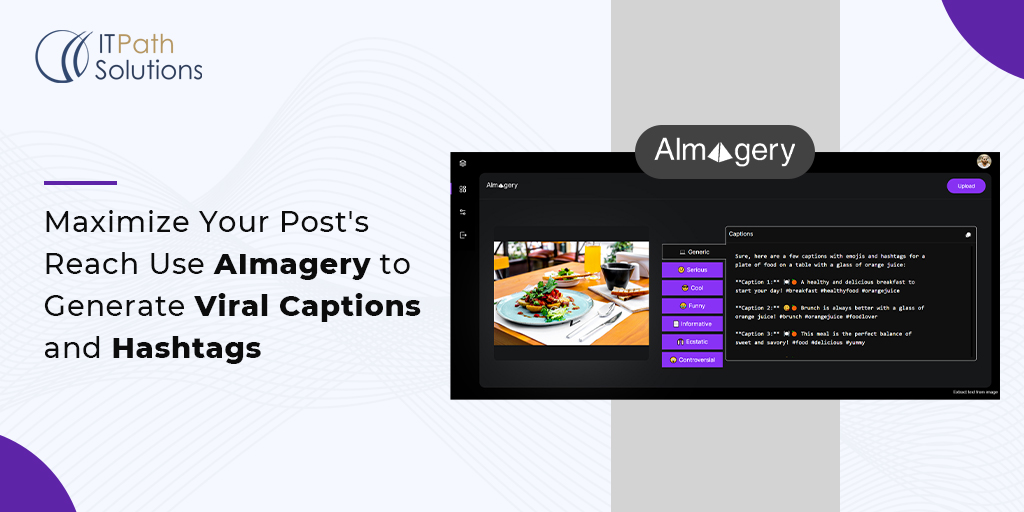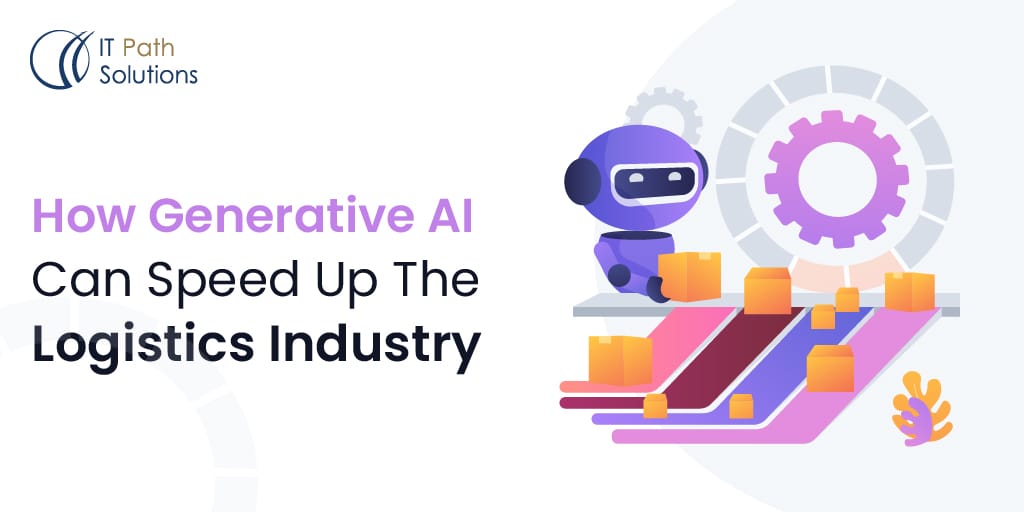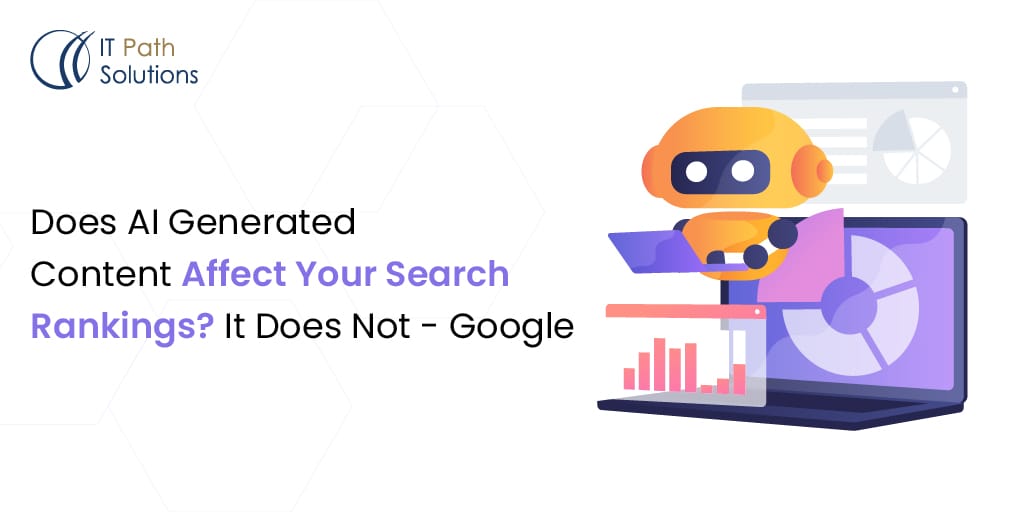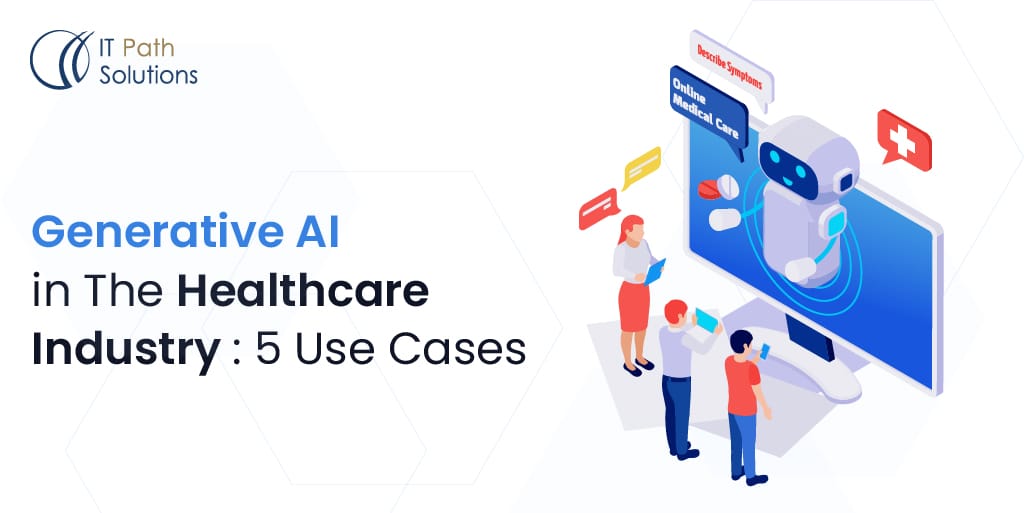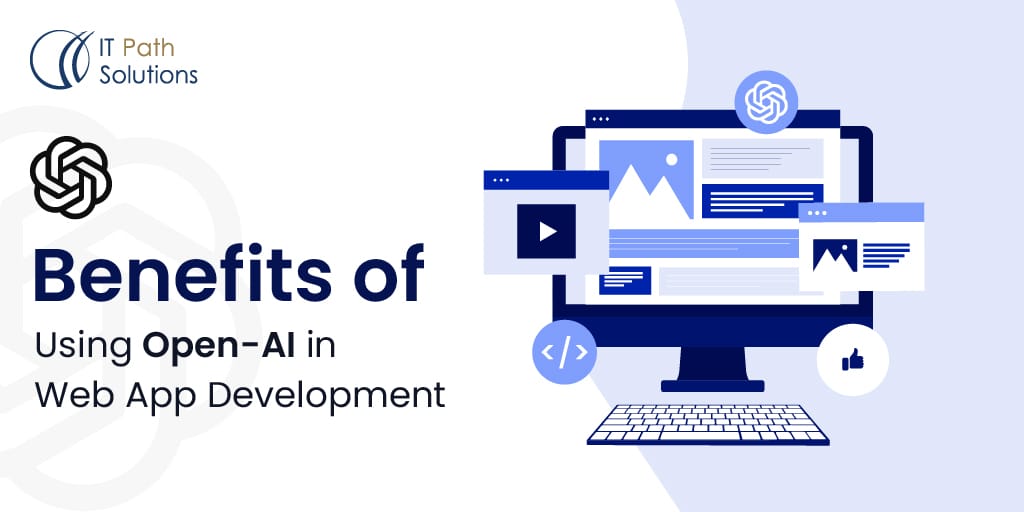Harnessing Generative AI for Enhanced iOS Apps
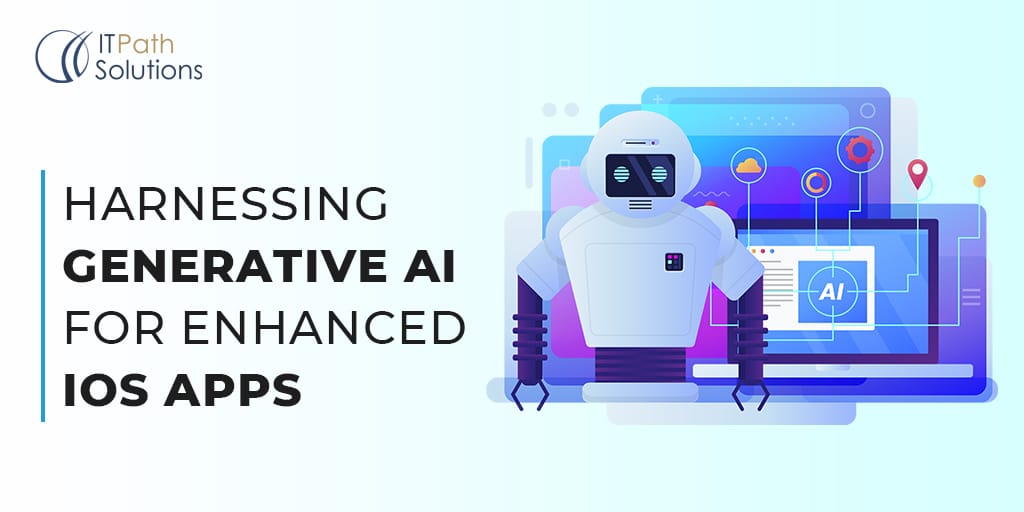
As with any technical field in the current era of technology, iOS app development never stops evolving. Developers are continually looking into creating better interfaces with new technologies and methodologies. One of the most exciting trends disrupting the iOS app developer ecosystem is generative AI. Generative AI represents a “turning point” in that it opens up the path to creating iOS apps “not only more solid but user experience-specific”. In this post, we’ll define artificial intelligence in greater detail and show you which aspects can assist you during the course of your iOS app development life cycle.
So, what is Generative AI?
Generative AI, another division of AI, has been making headlines since last year with its ability to create different kinds of contents such as articles, images, videos and code using Machine Learning models. Its unique difference lies in the fact it makes its own rules as it goes and creates completely new stories as opposed to using established formulas. This technology utilizes advanced techniques like artificial neural networks, deep learning, and natural language understanding allowing it to learn from massive amounts of data and produce stories which look nearly identical with human creation.
Underneath all generative AI is a neural network model, an approximation of a human brain in action. These neural networks consist of multi-layered layers of artificial neurons that compute data and predict outcomes. To improve the quality of the content produced in generative AI, you need to put a lot of training data, which must come in many types (texts, images, and any other thing that corresponds with the model’s final objective). And furthermore, generative AI uses loss functions to measure the difference between its produced output and the wanted outcome, making adjustments in its parameters to reduce the latter. In an iterative process, these models use feedback loops, generate content, collect user data (feedback), and then use that feedback to further refine the future content generations.
Applications of Generative AI in iOS App Development:
Now that we have a basic understanding of generative AI, let’s delve into how it can be harnessed in iOS app development.
Natural Language Processing for Chat bots:

Fig 2.1 Natural Language Processing for Chat bots
With Generative AI, we can construct ultra-smart bots that engage with humans as if they were real people! These bots chat in many languages including the above mentioned, making them critical to iOS apps that want to take over the world.
Think about it: This iOS app for a multinational online retailer. Now if you have the amazing generative AI chatbot. This bot is truly a spell caster. It talks to customers where they are at, answers their questions and even recommends items that might interest them based on where they have surfed previously. It’s like having a helpful buddy living inside your app 24/7 for all of your customers around the globe.
Image and Video Generation:
Generative AI can be very powerful for generating imagery as well as video. This functionality can then be utilized to make gorgeous looking iOS applications. For example, an iOS app for a photography studio can use GPT-2 (or future similar models) to automatically fix and touch up user-submitted images. Users can use the different filters, styles and effects made by AI applied to their image, making it look professional.

Fig 2.2 Image and Video Generation
Personalized Content Recommendations:
The one most impacted application of generative AI is for giving individual custom suggestions. With the use of Generative AI, one could analyze the behavior of users, their interests and suggest personalized content (like movie reviews/song recommendations/articles/products for each individual), to them.
With streaming services like Netflix and Spotify utilizing generative AI to suggest content to the viewer/listener, based upon past watch/listen histories ensure the continued enjoyment for the user.
 Fig 2.3 Personalized Content Recommendations
Fig 2.3 Personalized Content Recommendations
Code Generation:
Generative AI could reduce human coding times, accelerating the development cycles with hundreds or thousands of hours of work for programmers to write only a skeleton for an app. But it does raise questions surrounding code hygiene (code quality), security and the role of humans in software development, all pointing us back to the crucial point of considering how we should properly integrate such technologies into our development workflows.

Fig 2.5 Content Creation
Challenges and Considerations
While generative AI brings exciting possibilities to iOS app development, it’s essential for developers to be mindful of several challenges and considerations:
- Data Privacy: Protecting user data is paramount. Data must be handled safely and with privacy rules in mind by developers. This means keeping the user’s trust and their data safe is a must.
- Model Training: Training generative AI models requires considerable computational power and expertise. Developers need access to powerful hardware and large data sets in order to train these models to their full potential, which increases the infrastructure and knowledge investment.
- Ethical Concerns: Training generative AI models is no small task. It demands significant computational power and expertise. Developers require access to robust hardware and extensive datasets to nurture these models effectively. This underscores the importance of investing in both infrastructure and knowledge.
- User Experience: Generative AI enhances consumer stories, however it should be included carefully. It must be a complement, now not a replacement, for proper human interactions inside apps. The goal is to use generation to enrich the user’s adventure instead of detract from it. Achieving this harmonious stability is the important thing to fostering personal delight and engagement.

Fig 3 Challenges and Considerations
Conclusion
As technology relentlessly advances, generative AI is almost certain to become an indispensable tool in an iOS app developer’s arsenal. This technology empowers developers to create innovative and engaging user experiences. However, the responsibility for conscientious and ethical use of generative AI cannot be overstated. Supporting user privacy and ensuring a high quality user experience should be the guiding principles throughout the development journey. Given the right approach and commitment to these principles, Generative AI has the potential to unlock undiscovered areas of creativity and efficiency in iOS app development, promising a bright future for developers and users of all applications.
 Healthcare
Healthcare  Education
Education  Real Estate
Real Estate  Logistic
Logistic  Themes
Themes
 Plugins
Plugins
 Patterns
Patterns

